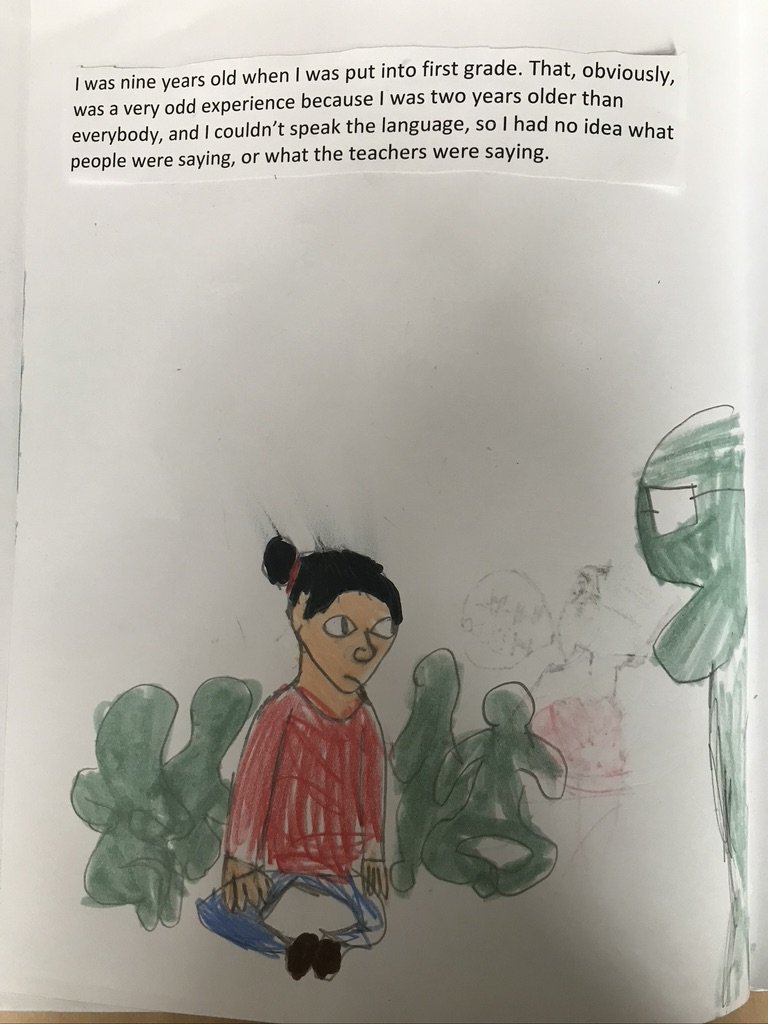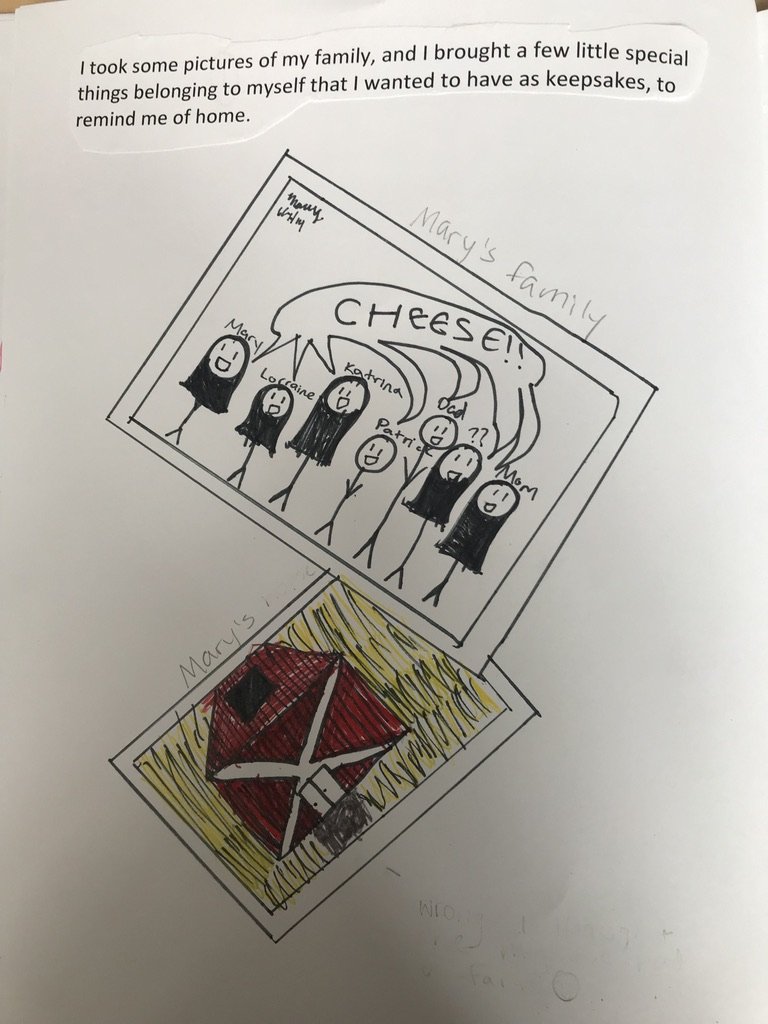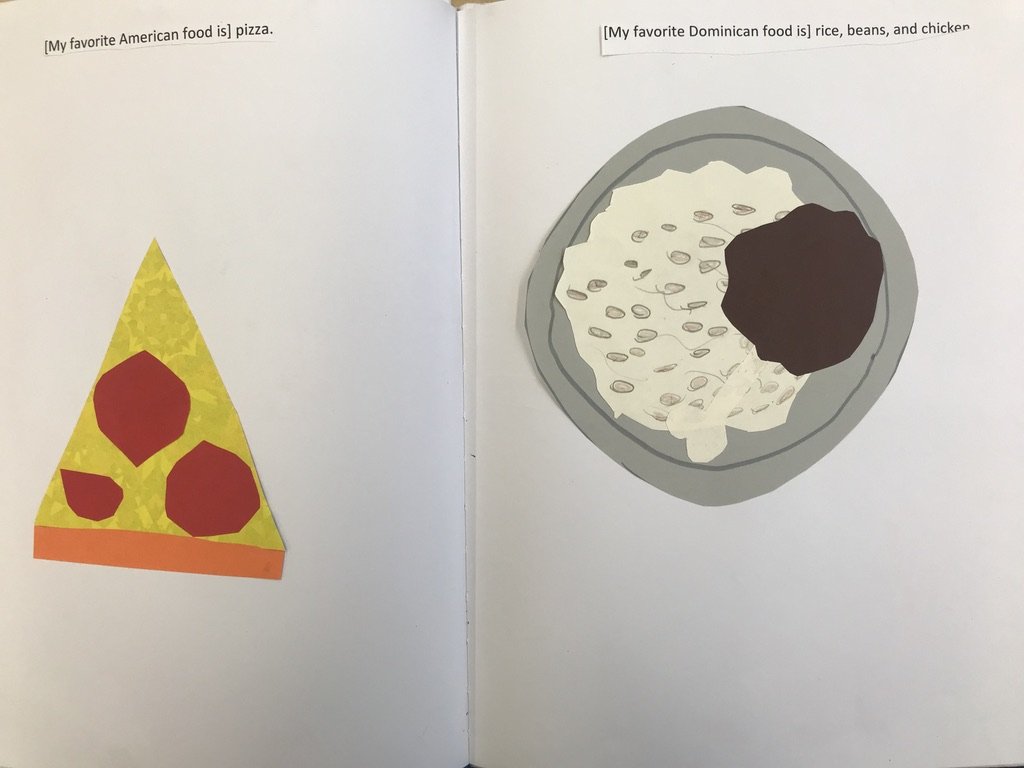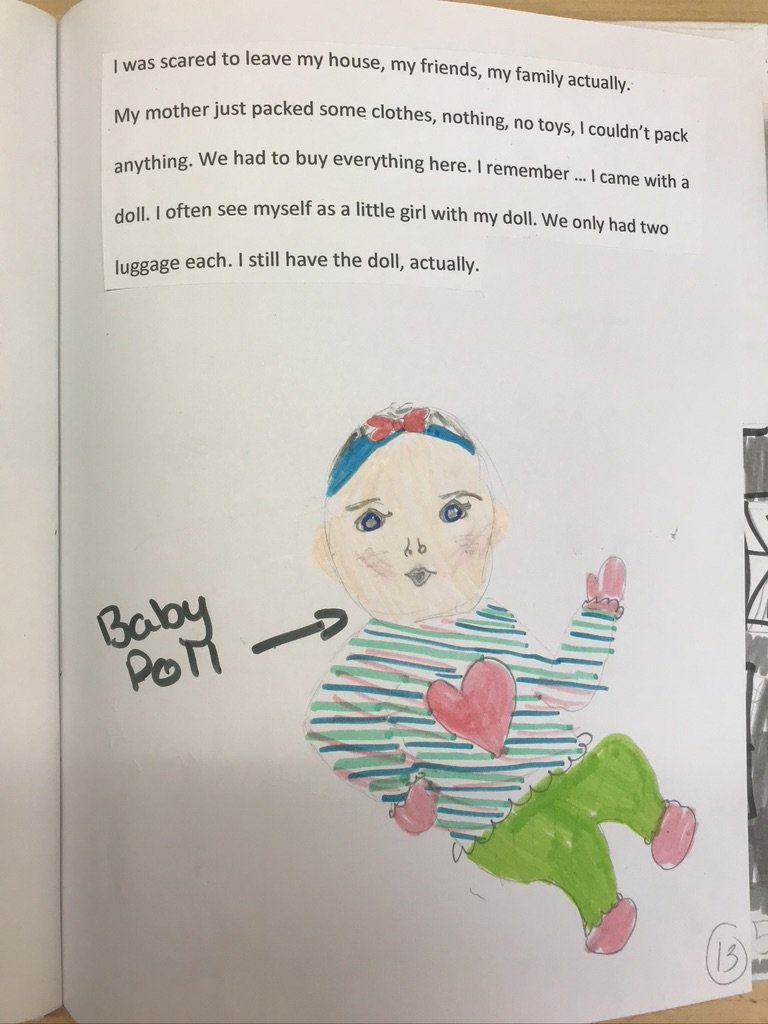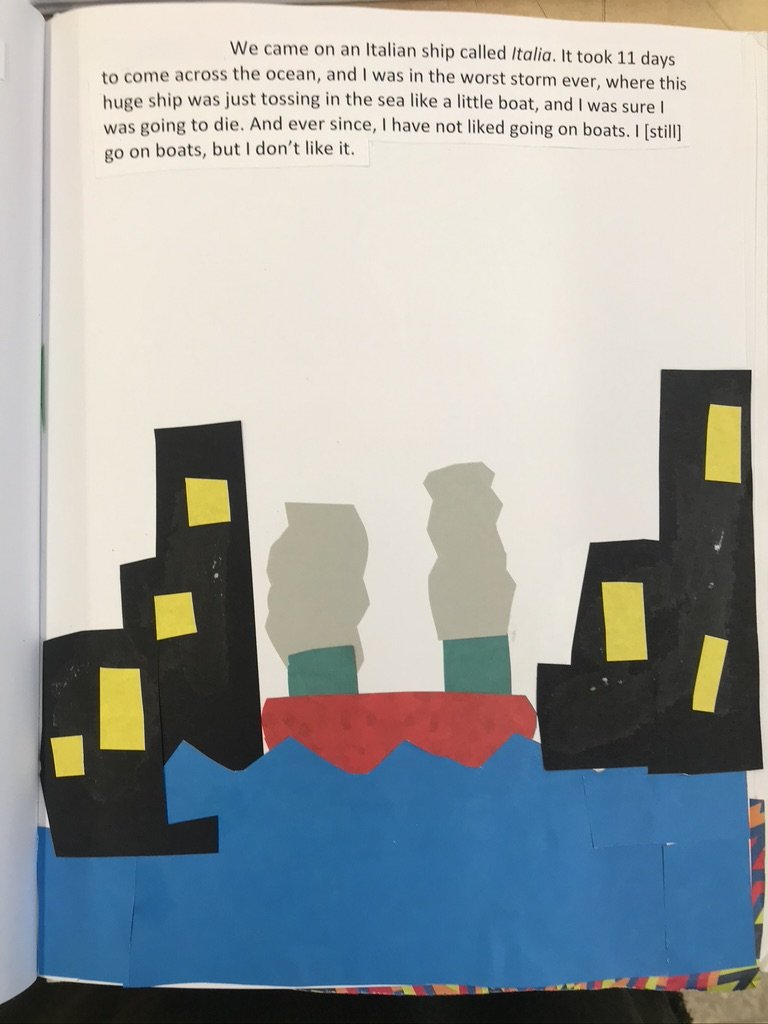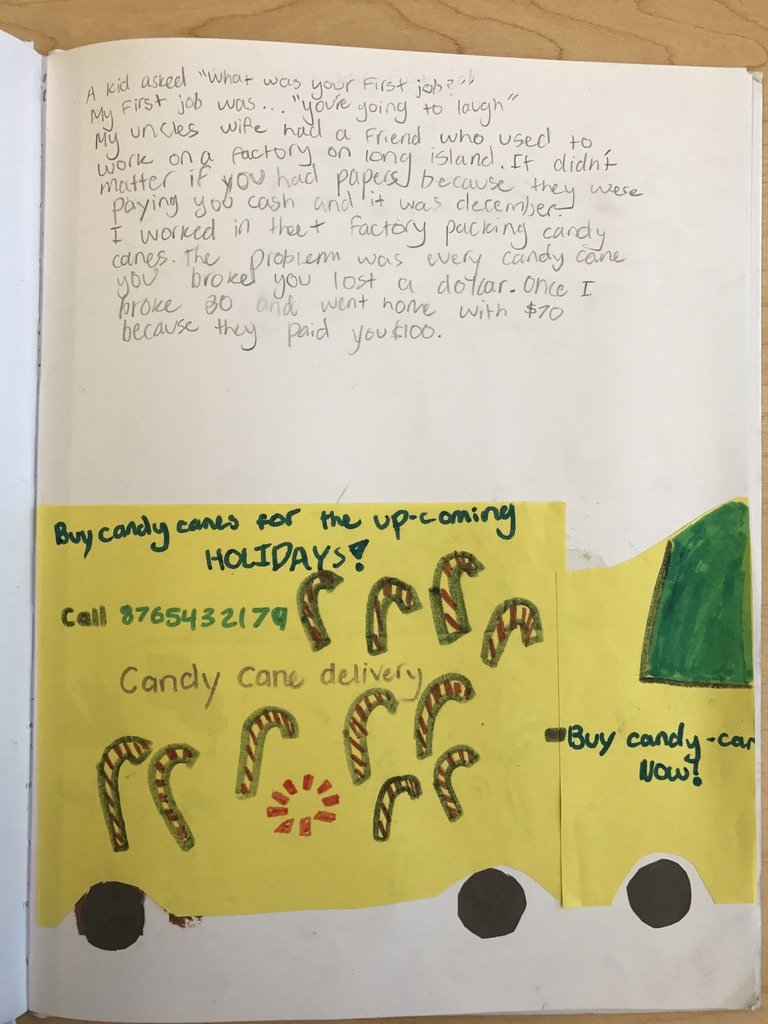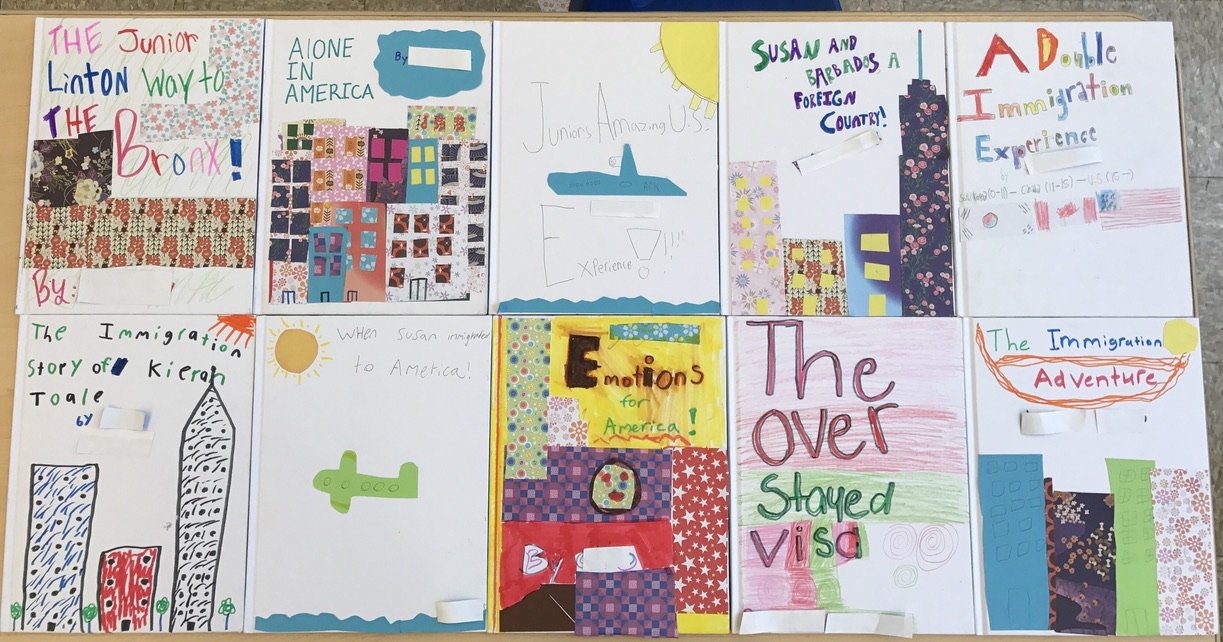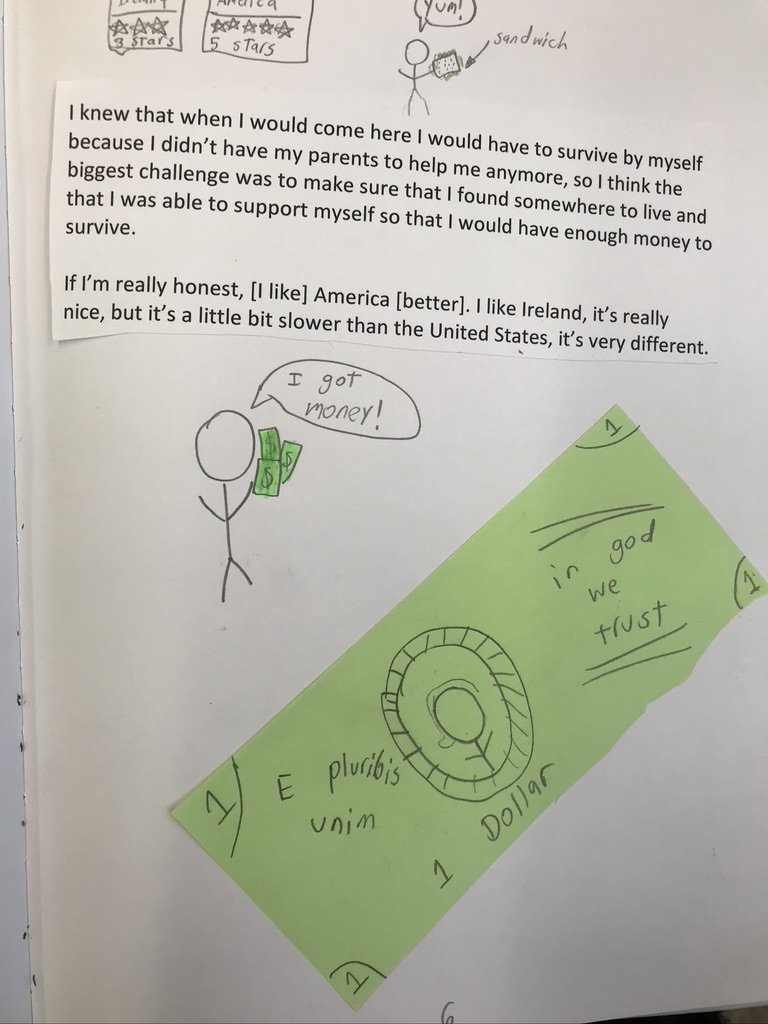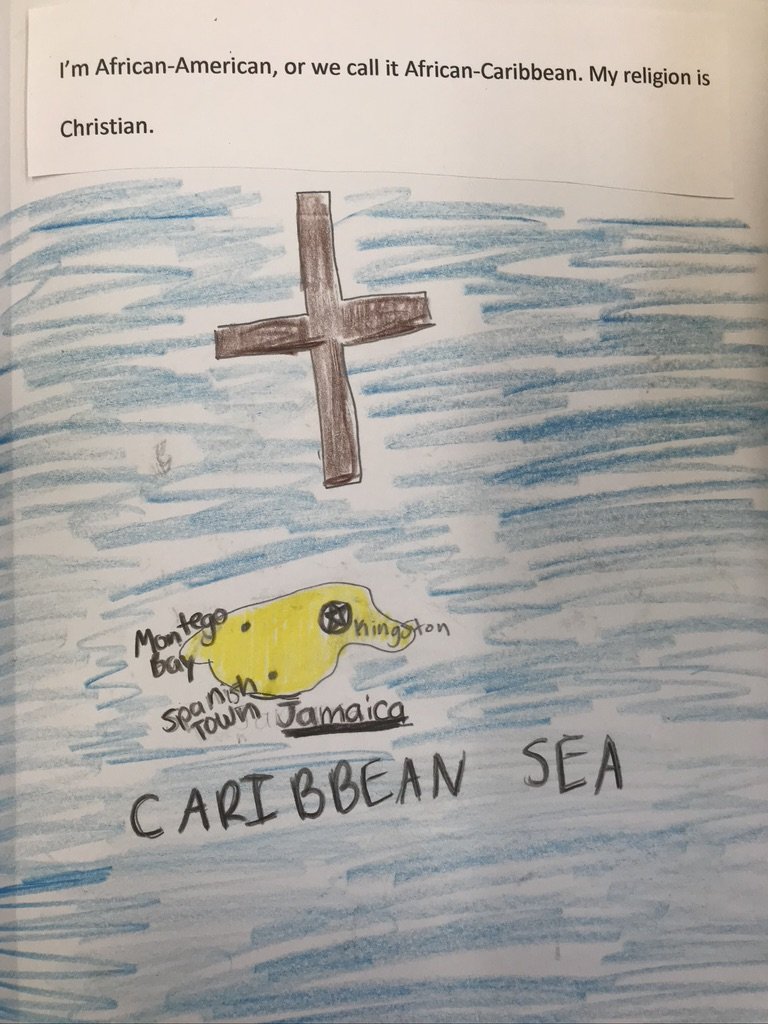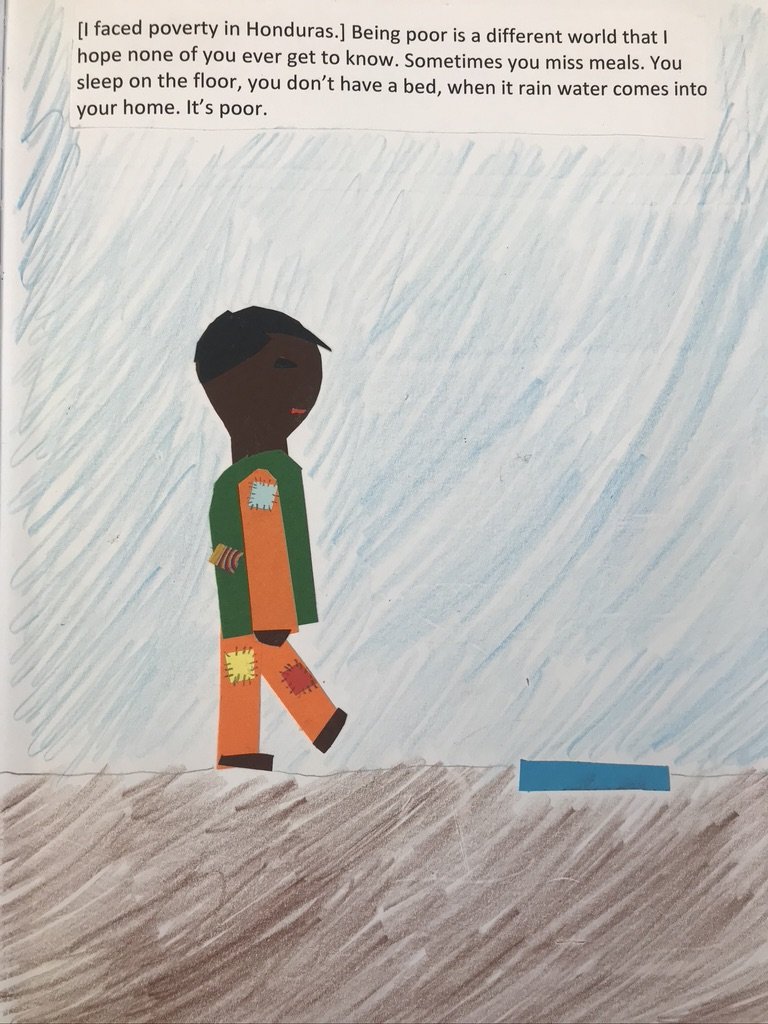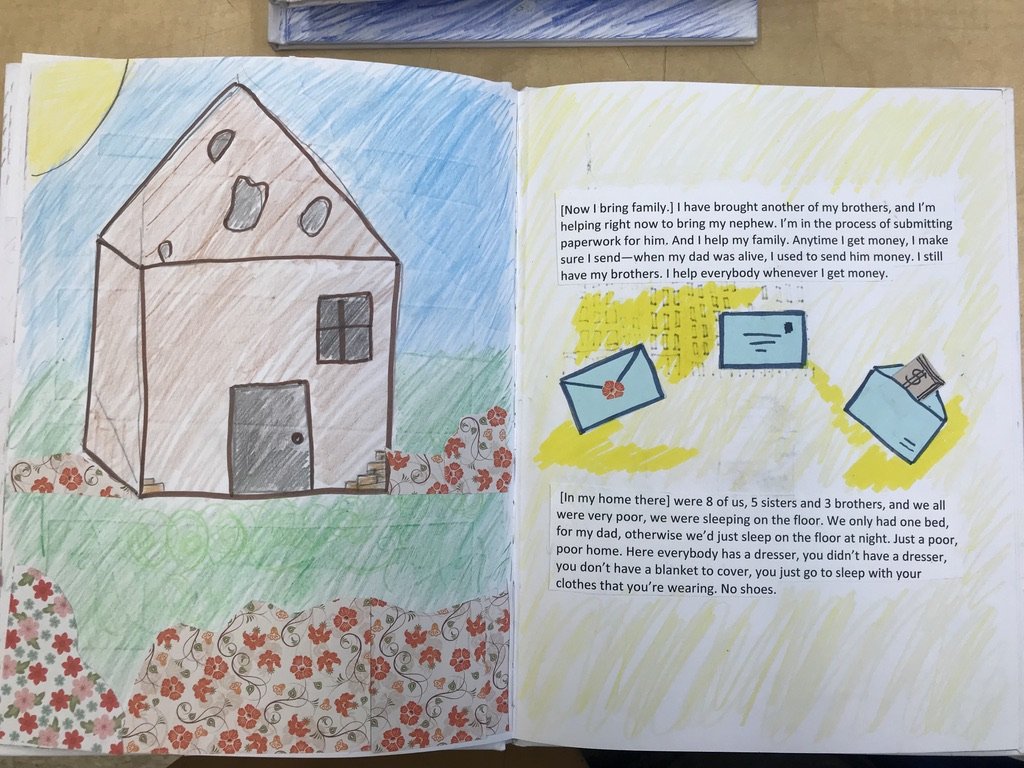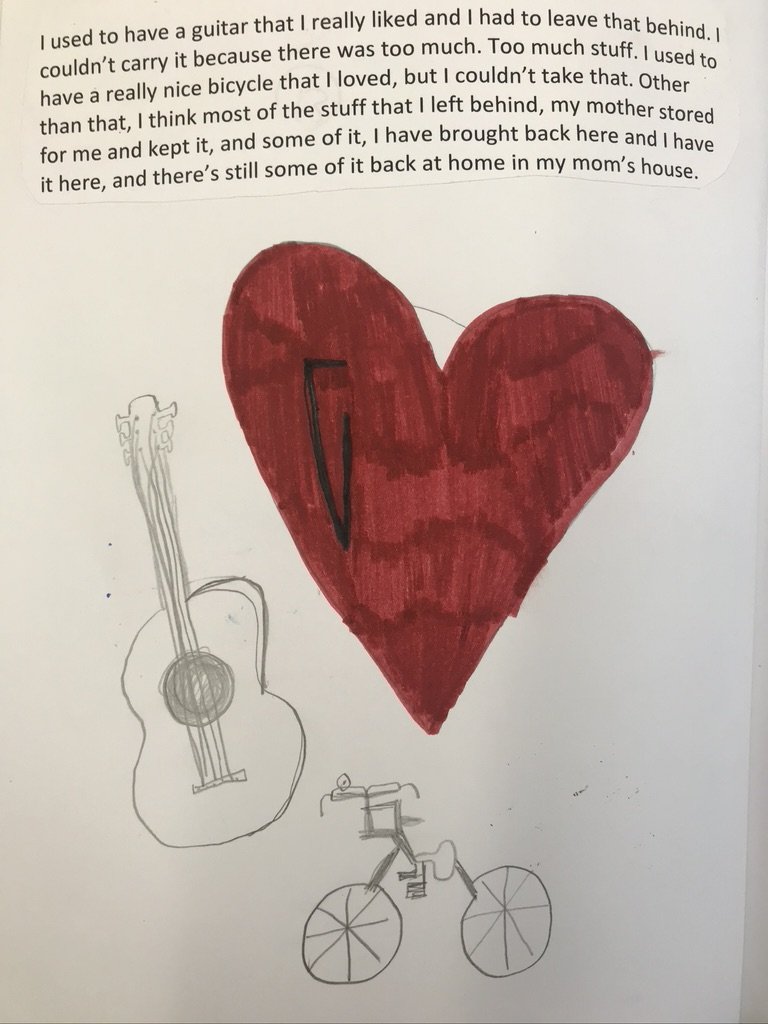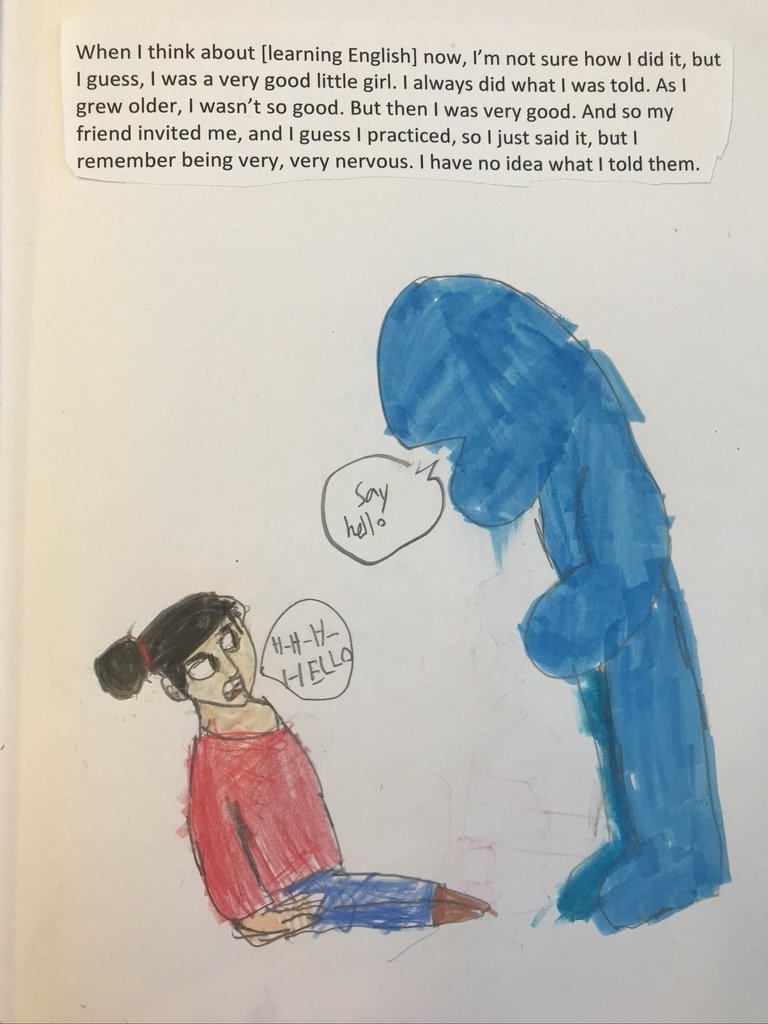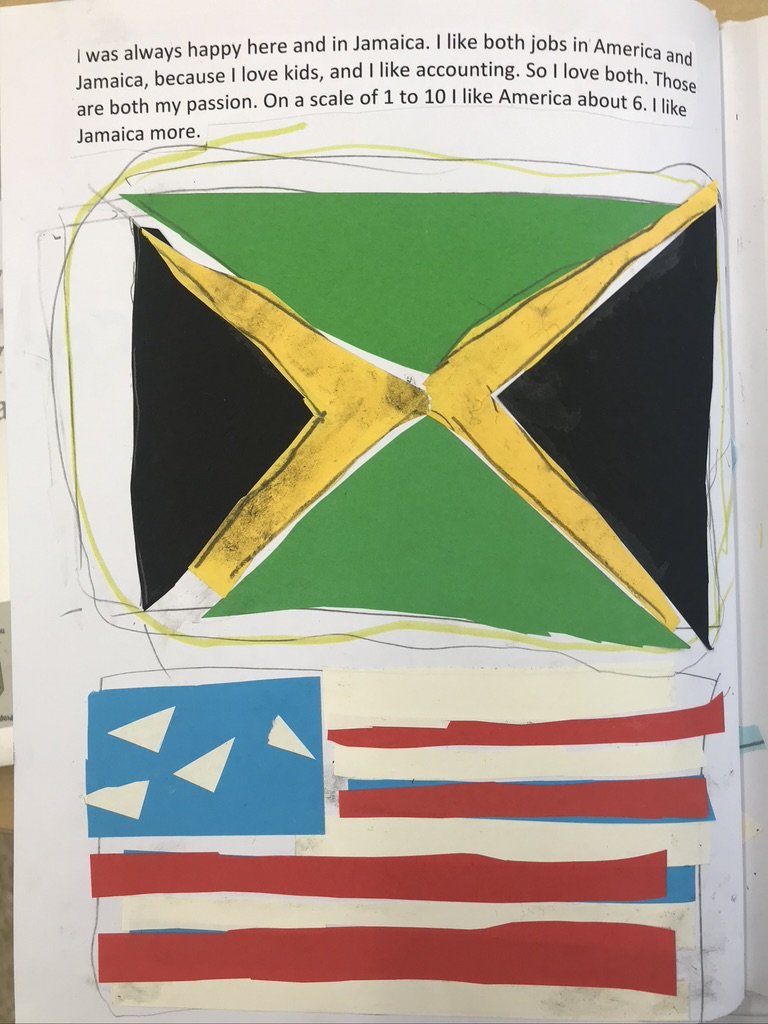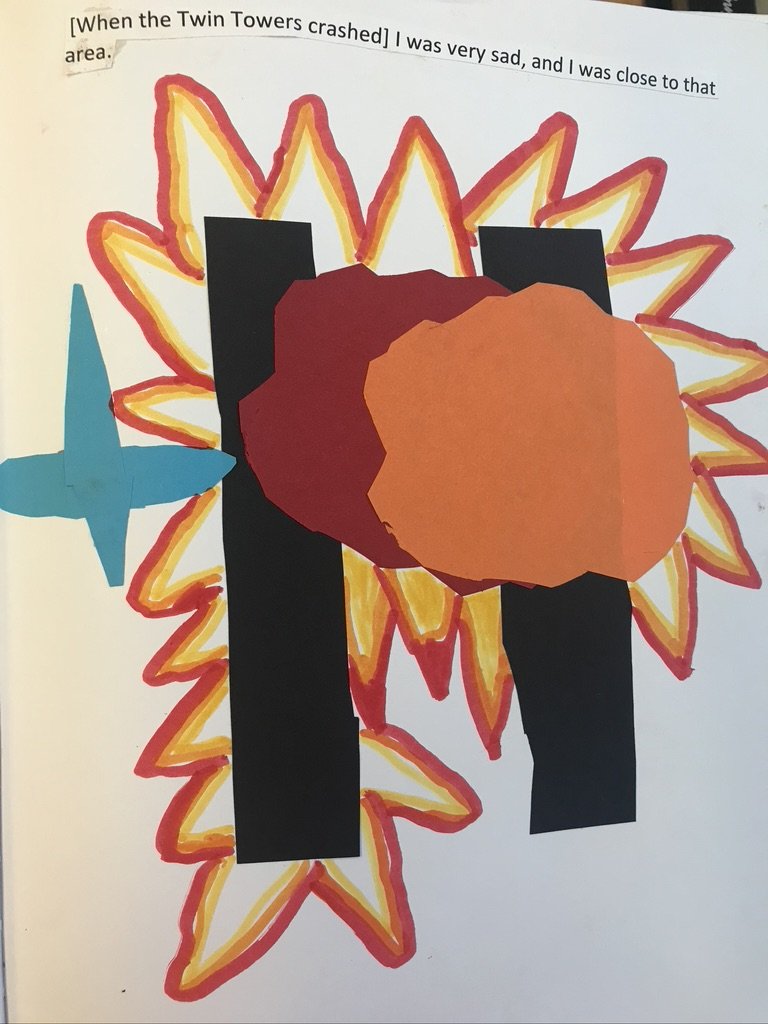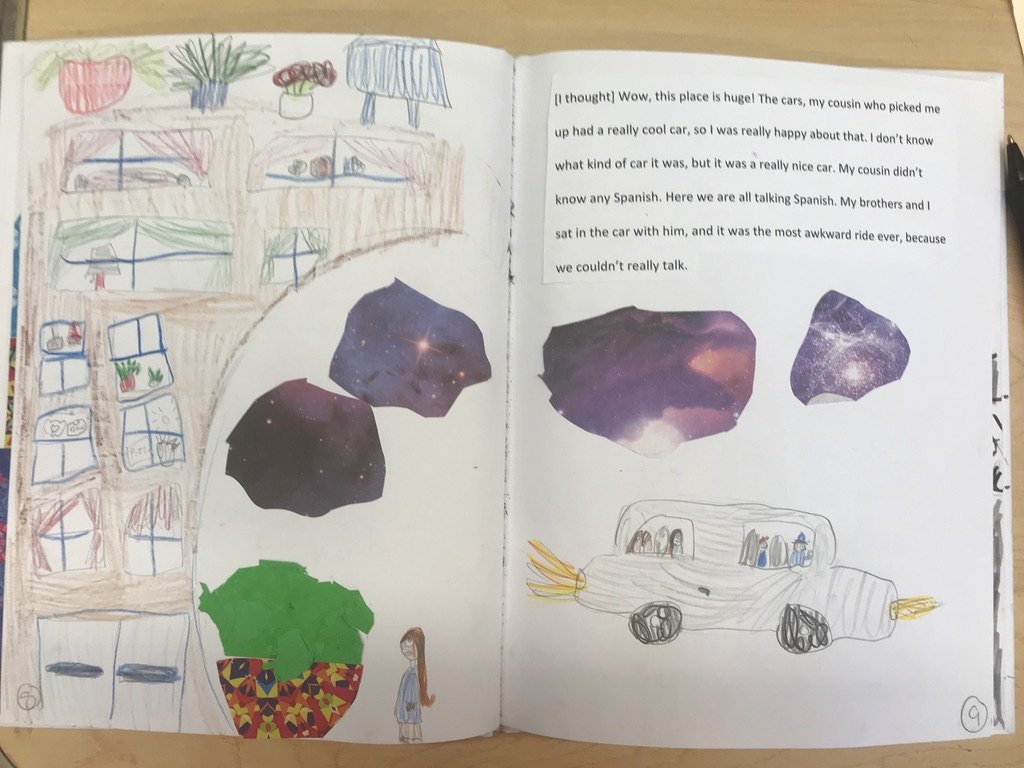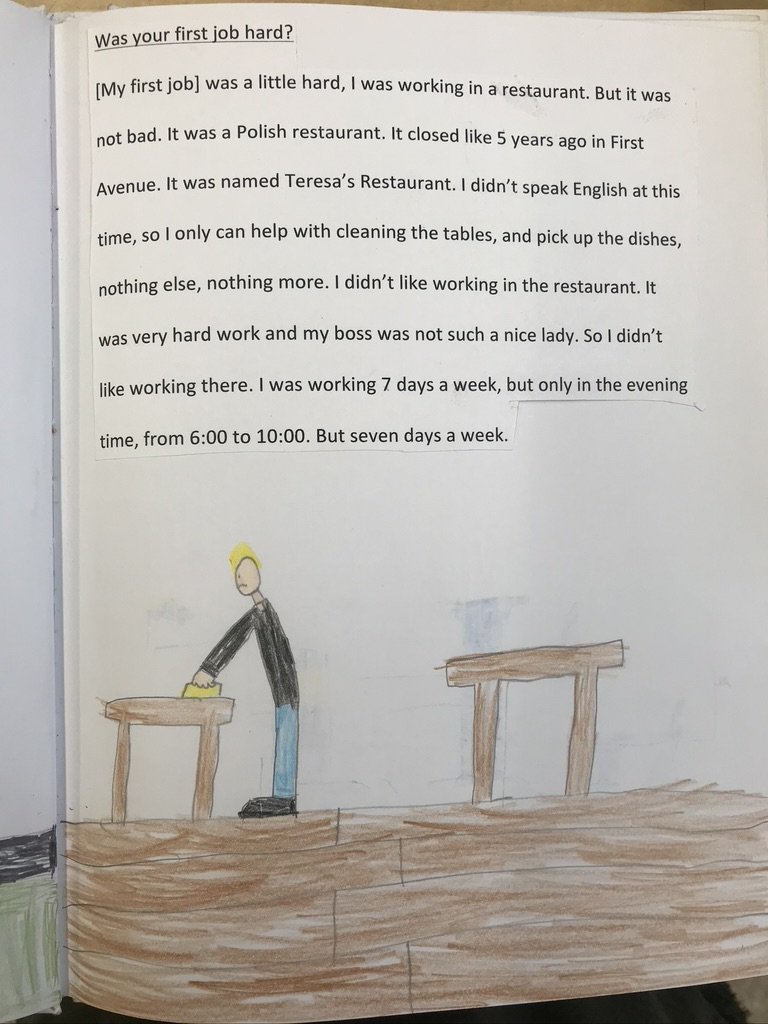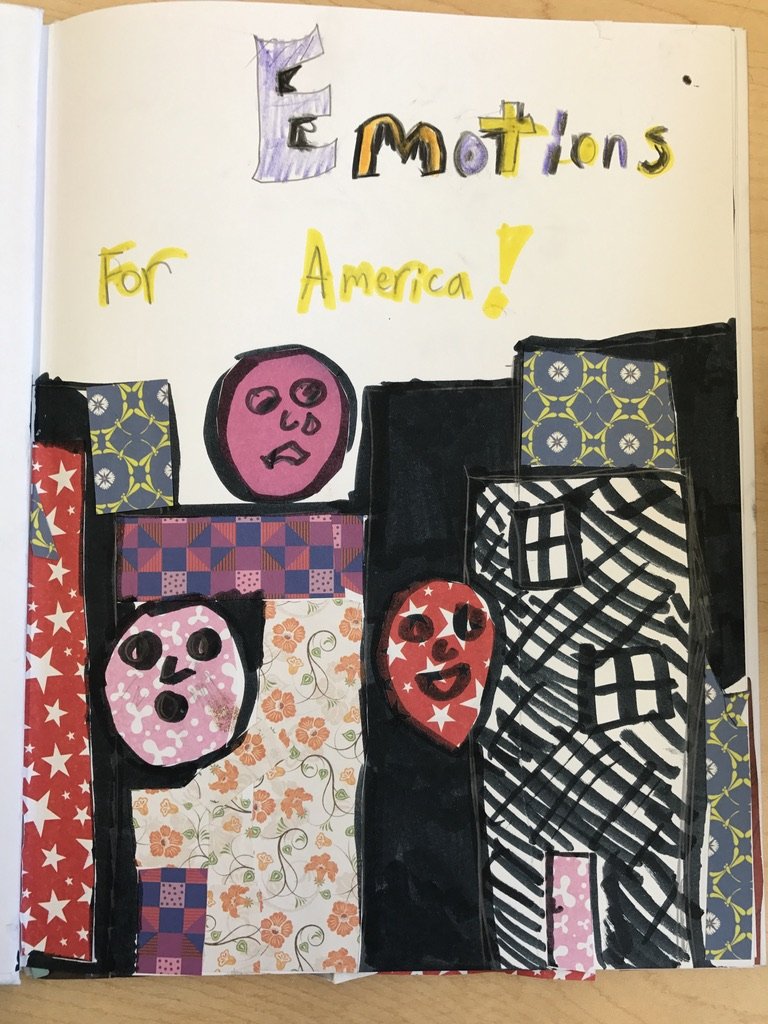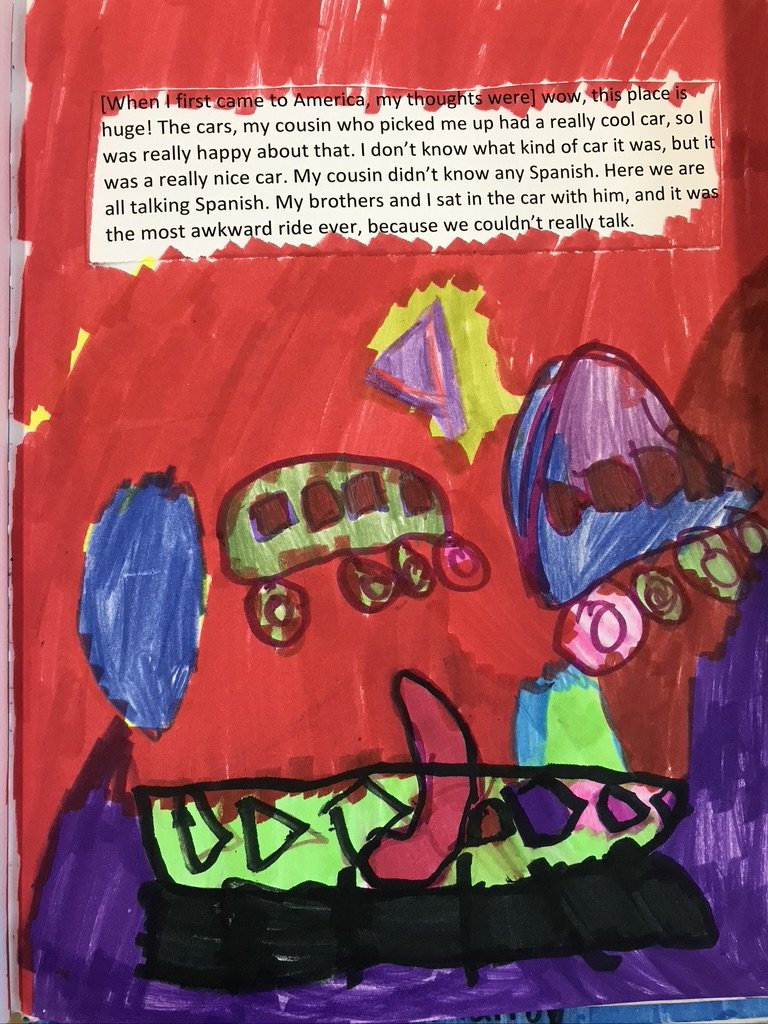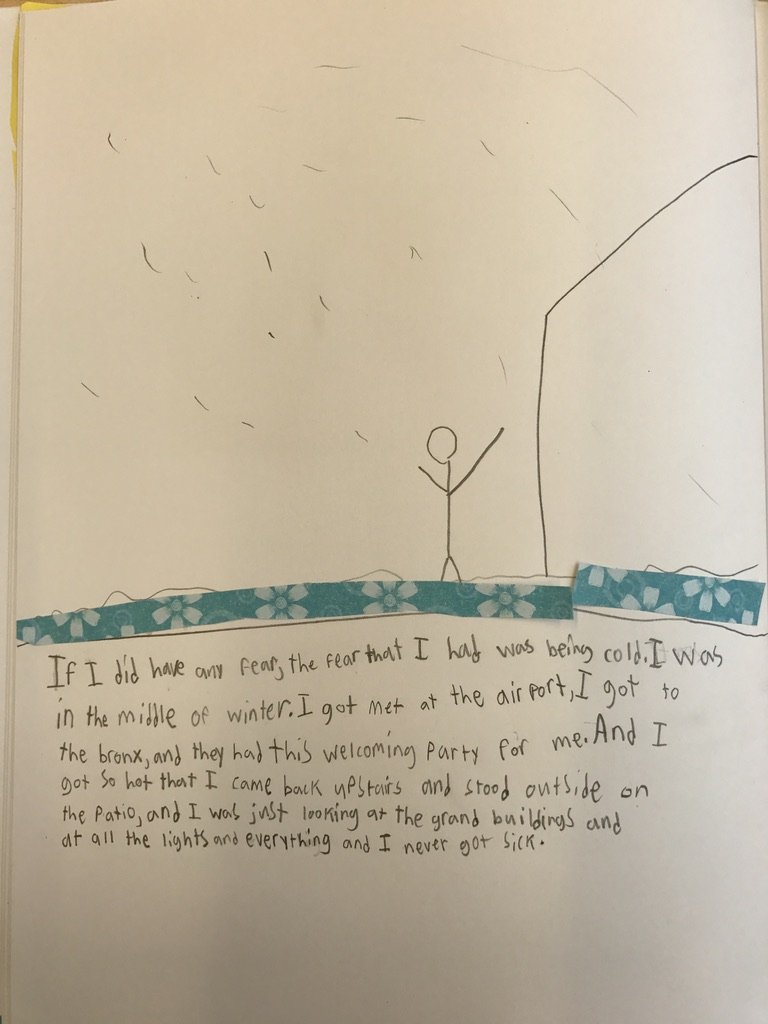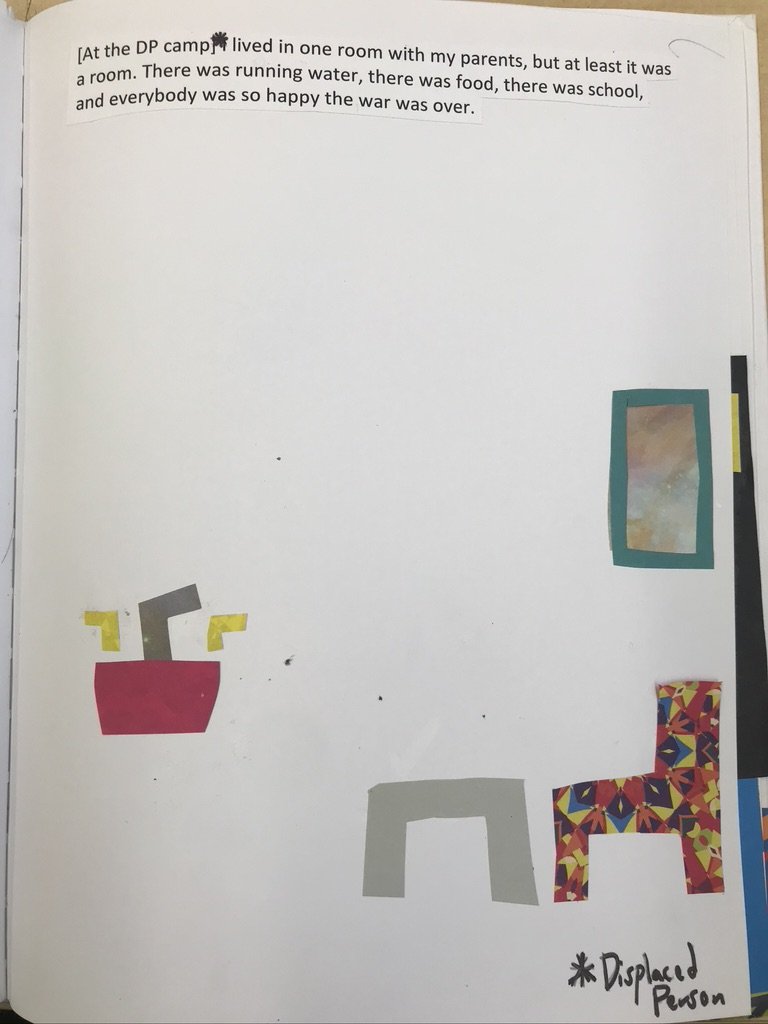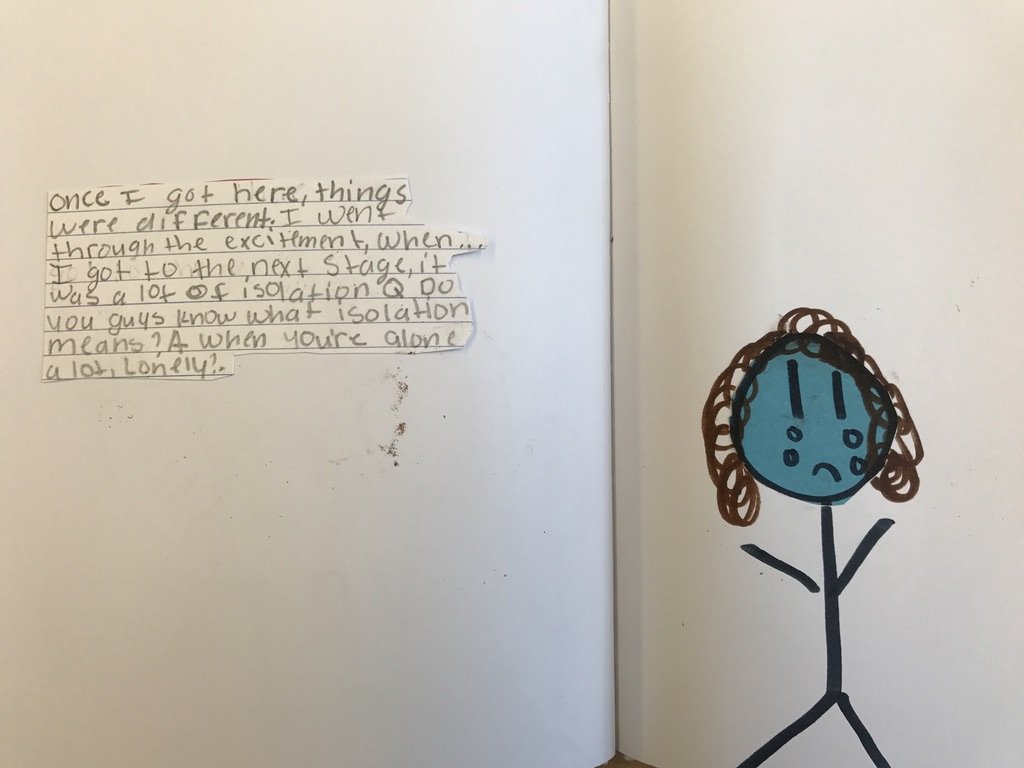
For many years, our fourth grade study of immigration has culminated in a very personal project.
Over and over again, this process has proved to be immensely meaningful not only to the students (and me) but also to the people we interview.
From the dad who smuggled himself on a banana boat from Honduras to New Orleans (three days in a closet with no food or water), to the fashion model mom whose journey from Spain was much more comfortable, to the Jamaican nanny of twin students who loved her accounting job there and loves her childcare job here…. Over the years I have been privileged to hear a vast range of stories that have broadened my understanding of the complexity of immigration. My students have learned about everything from what it’s like to be an exploited, undocumented person working in a candy cane factory, to the relief felt by a Jewish escapee from occupied France during World War II. Learning these lessons from real people connected to our classroom community has an impact that would be impossible to replicate by reading alone.
My students have interviewed im/migrants from the following places: Argentina, Australia, Barbados, Brazil, Bulgaria, China, Colombia, Dominican Republic, Ecuador, France, Germany, Guatemala, Honduras, India, Ireland, Israel, Italy, Jamaica, Lebanon, Mexico, the Philippines, Poland, Puerto Rico, Russia, South Korea, Spain, Sweden, Tanzania, and the U.S. Virgin Islands. One goal I have for this project is to make it more accessible to people who are not confident with their English language skills. Although we offer translation through the Department of Education, almost all the people who have volunteered are fluent or close to it, so I am committed to finding other ways to overcome this barrier.
Students interview family members, friends, and teachers who are immigrants—or migrants from places like Puerto Rico—and work very intensively with transcripts of the interviews to produce an illustrated book about the interviewee.
Immigration Books
